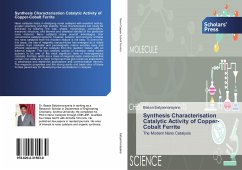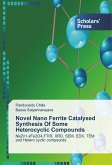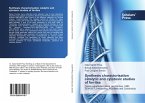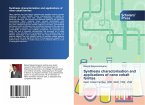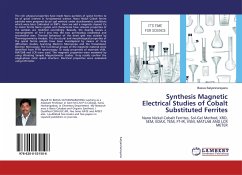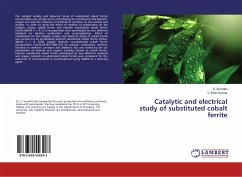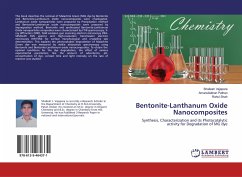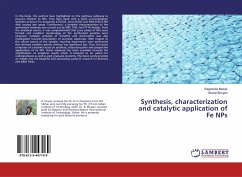Nano catalysis helps in designing novel catalysts with excellent activity, greater selectivity and high stability. These characteristics can easily be achieved by tailoring the size, shape, morphology, composition, electronic structure, and thermal and chemical stability of the particular nano material. Nano catalysts enjoy several advantages over conventional catalyst systems; however, isolation and recovery of these tiny nano catalysts from the reaction mixture is not easy. To overcome this issue, the use of magnetic nanoparticles has emerged as a viable solution; their insoluble and paramagnetic nature enables easy and efficient separation of the catalysts from the reaction mixture with an external magnet. The high catalytic activity of transition metal oxides appears to be one of the most significant facts of heterogeneous catalysis. Ferrites, which are a class of magnetic oxide components that contain iron oxide as a major component has got numerous applications in electronics and electronic applications and communication devices. The magnetic properties and the strong acidic and basic sites of these ferrites paved way for developing new applications in catalysis.
Bitte wählen Sie Ihr Anliegen aus.
Rechnungen
Retourenschein anfordern
Bestellstatus
Storno

